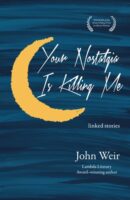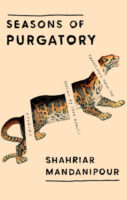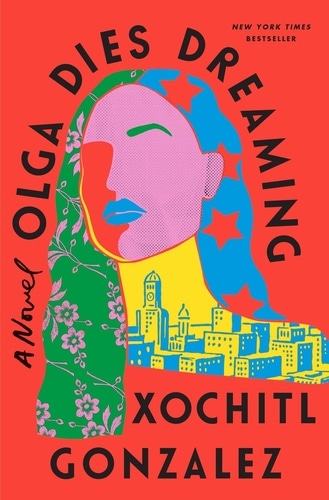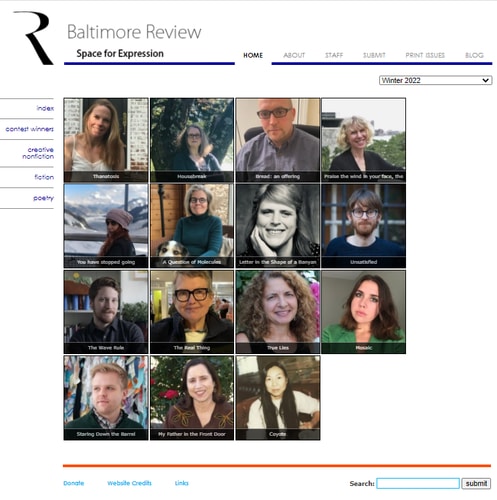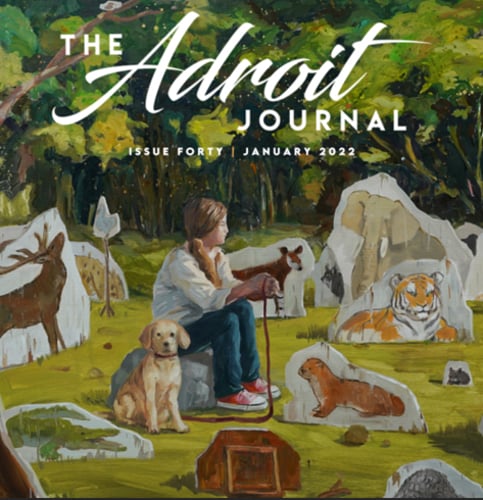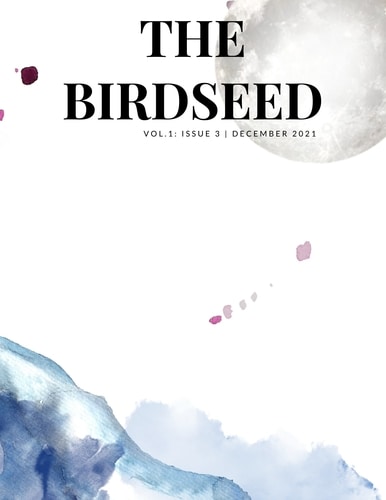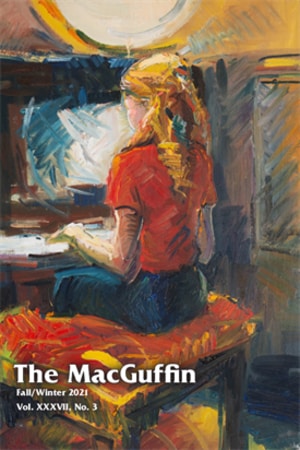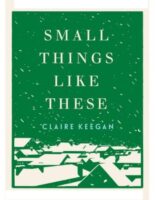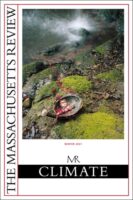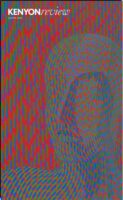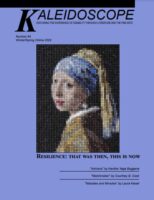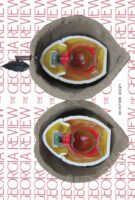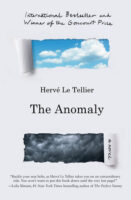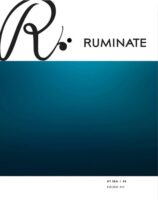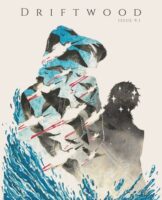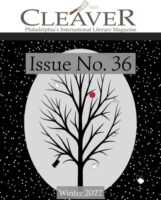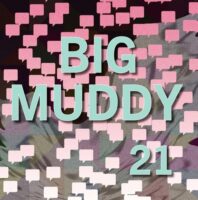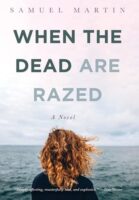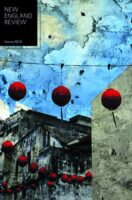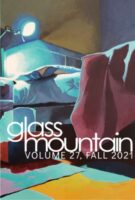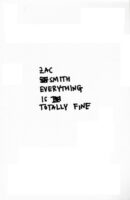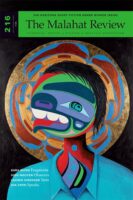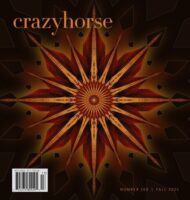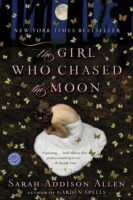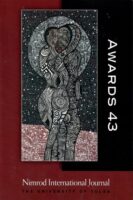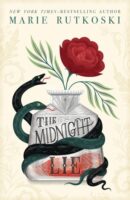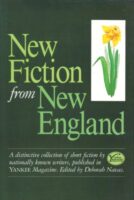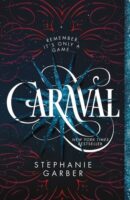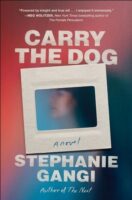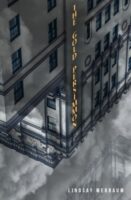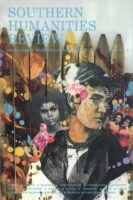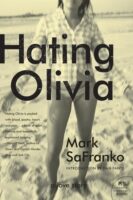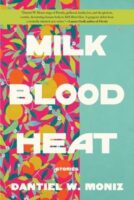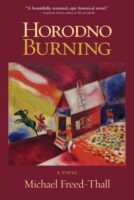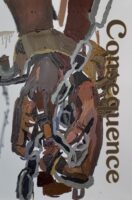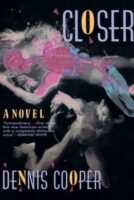 Guest Post by Vikash Goyal.
Guest Post by Vikash Goyal.
George Milles is the mind of the 21st century teen. He is beautiful. He is a boy with no ambitions—unless you count wanting to live in Disneyland as one. He doesn’t know the pathways of his life and is consequently lost midway. He is passive and has a dormant attitude. His beauty is unparalleled and draws boys to him like flies to turds. But with so much attention in his life, it is still lifeless.
Cooper’s semi-autobiographical five book series is inspired by the writings of de Sade, which is quite evident while reading. Closer is the first in the series, perfectly introducing the protagonist George. The book, at times, reads like a pirated version of de Sade’s The 120 Days Of Sodom although nowhere near the majesty of it.
The teens who form the center of the book are disturbed, confused, and fake. They move around like a body without a belly button. Their only solace is in drugs and sex. They know no human bonds and let their death bound lives pass them by embroiled in perpetual flimsy relationships.
The writing is in teen lingo, but reads well enough. The book doesn’t hold on to a proper plot and is written in more of a documentary style. There is a dissection of the mind of the coming-of-age youth, spelling out the conditioning of priority-devoid teens. The book is refreshing in its matter of fact portrayal of homosexuality without the unnecessary drawing of the microscope over their sexuality or struggle.
George, the protagonist, is the thread in the book that binds the different unique characters, who at some point, share a liaison with him. Not one character in the book is sure and positive about his life, including a couple of characters in their forties. The book tries to encapsulate the extremes of pleasure and passion through episodes of gross torture and sexual acts, and, in a couple of cases, even death.
The book can seem to move in circles now and then, ending up becoming a few pages too many. For those that like to experiment.
Closer by Dennis Cooper. Grove, 1990.
Reviewer bio: Vikash Goyal is a writer of prose and poetry, best known for his blog “Kashivology” on WordPress, that chronicles the defining moments in the life of its protagonist, Kashiv, through a series of surrealistic, existential and philosophical prosaic poetry. He also reviews books on Instagram @Kashivology.
Buy this book from our affiliate Bookshop.org.
